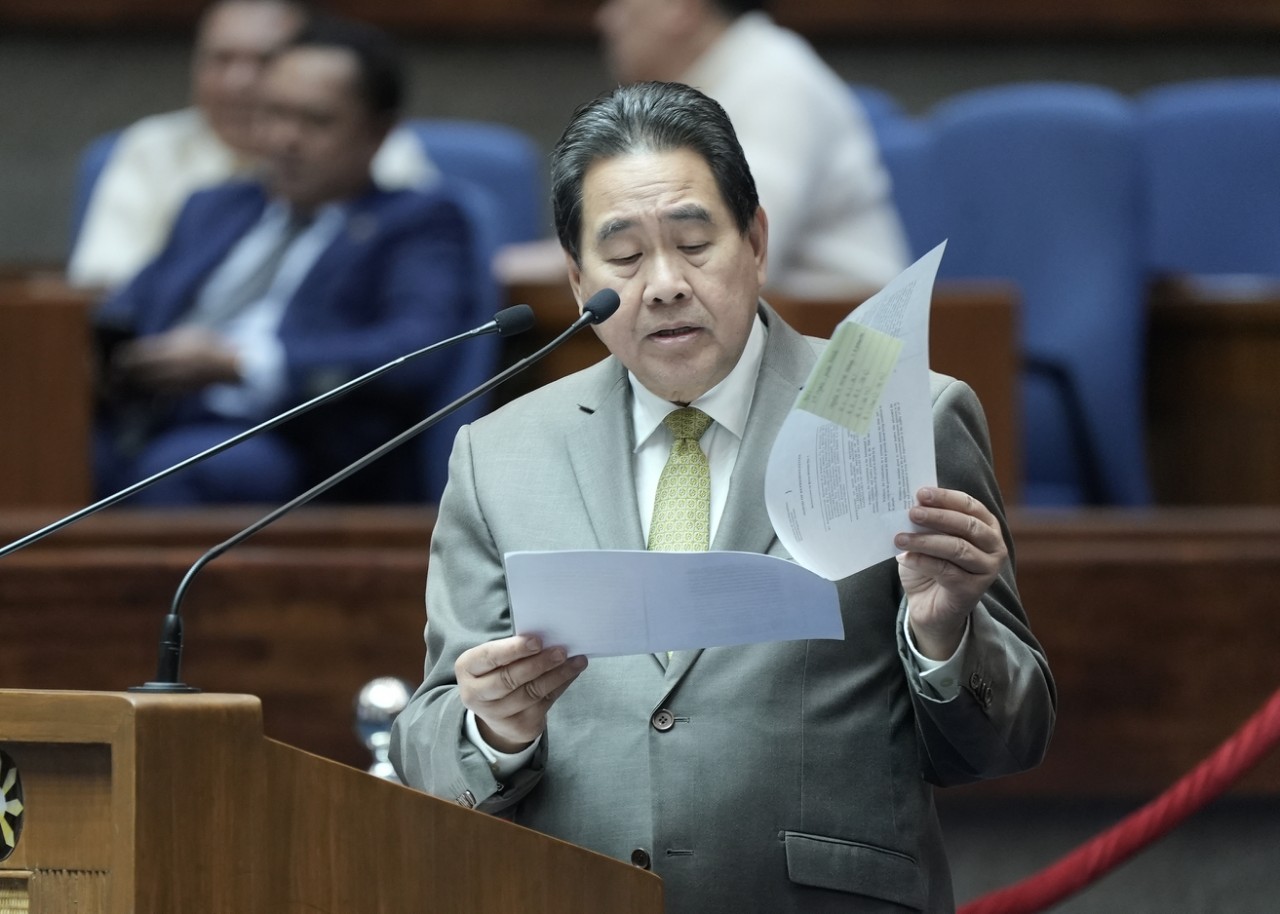GASTPE education contracting program must be probed; Rodriguez explains why
At A Glance
- Cagayan de Oro City 2nd district Rep. Rufus Rodriguez is calling for a House inquiry into the alleged anomaly-riddled education service contracting (ESC) program under the Government Assistance to Students and Teachers in Private Education (GASTPE).
 Cagayan de Oro City 2nd district Rep. Rufus Rodriguez (PPAB)
Cagayan de Oro City 2nd district Rep. Rufus Rodriguez (PPAB)
Cagayan de Oro City 2nd district Rep. Rufus Rodriguez is calling for a House inquiry into the alleged anomaly-riddled education service contracting (ESC) program under the Government Assistance to Students and Teachers in Private Education (GASTPE).
In Resolution No. 2252 filed last March 17, Rodriguez said the ESC program was established to provide financial assistance to students from low-income families to enroll in private schools through school vouchers.
He said the voucher, ranging from P18,000 to P22,500, helps cover part of the student’s tuition fees in participating private schools and also covers other related costs, such those for books and other school fees.
It requires that students must enroll in participating private high schools, which must be accredited by the Department of Education (DepEd). Once the students is granted a voucher, the participating school directly received the payment from the government, which is then used to pay for tuition and other educational fees.
However, Rodriguez, citing reports, pointed out that the DepEd has recently withheld some P200 million worth of school vouchers “due to questionable and unverifiable student claims.
“Reports also mentioned that allegedly, certain private schools manipulated their enrollment date by registering non-existence students to secure voucher funding from the government, resulting in the misuse of public funds that were intended for legitimate education beneficiaries,” he said.
He said there are also reports of fly-by-night schools participating in the voucher program.
Rodriguez said other GASTPE ESC irregularities include:
- Some senior high schools do not require students to pay tuition fees.
- Some fail to comply with the required number of instructional hours and do not meet DepEd requirements.
- To attract enrollees, some schools offer monetary incentives to principals or teachers in exchange for student recommendations.
- Some schools operate only for half a day or hold classes just twice a week.
- Some schools lack a full roster of dedicated senior high school teachers, relying instead on part-time instructions or junior high school teachers.
- In some areas, teachers are hired through agencies rather than directly by participating schools.
- Many teachers lack experience in conducting research, resulting in an absence of a strong scientific culture.
- Another issue is the teachers’ lack of readiness to deliver competency-based and skills-based instruction.
“As a result, research skills are poorly taught to due taught due to unqualified, and since these schools rely solely on government subsidies and do not charge tuition, they lack essential resources such as laboratories and instructional materials, to the detriment of the students,” Rodriguez said.
He said the allegations of fraudulent activities “not only result in the loss of public funds but also deprive deserving students of the financial assistance intended to support their education, undermining the integrity and effectiveness of the government’s education assistance program'.
The Mindanao lawmaker also cited the “need to strengthen existing policies and guidelines governing the implementation of the Education Service Contracting Program, including the adoption of stricter verification, monitoring and accountability mechanisms to prevent similar incidents in the future".
While he commended DepEd for withholding millions in suspicious voucher claims, the veteran solon reckoned that “there is still a need to look into these allegations of irregularities to ensure that public funds are used properly and that deserving student receive the assistance due them".